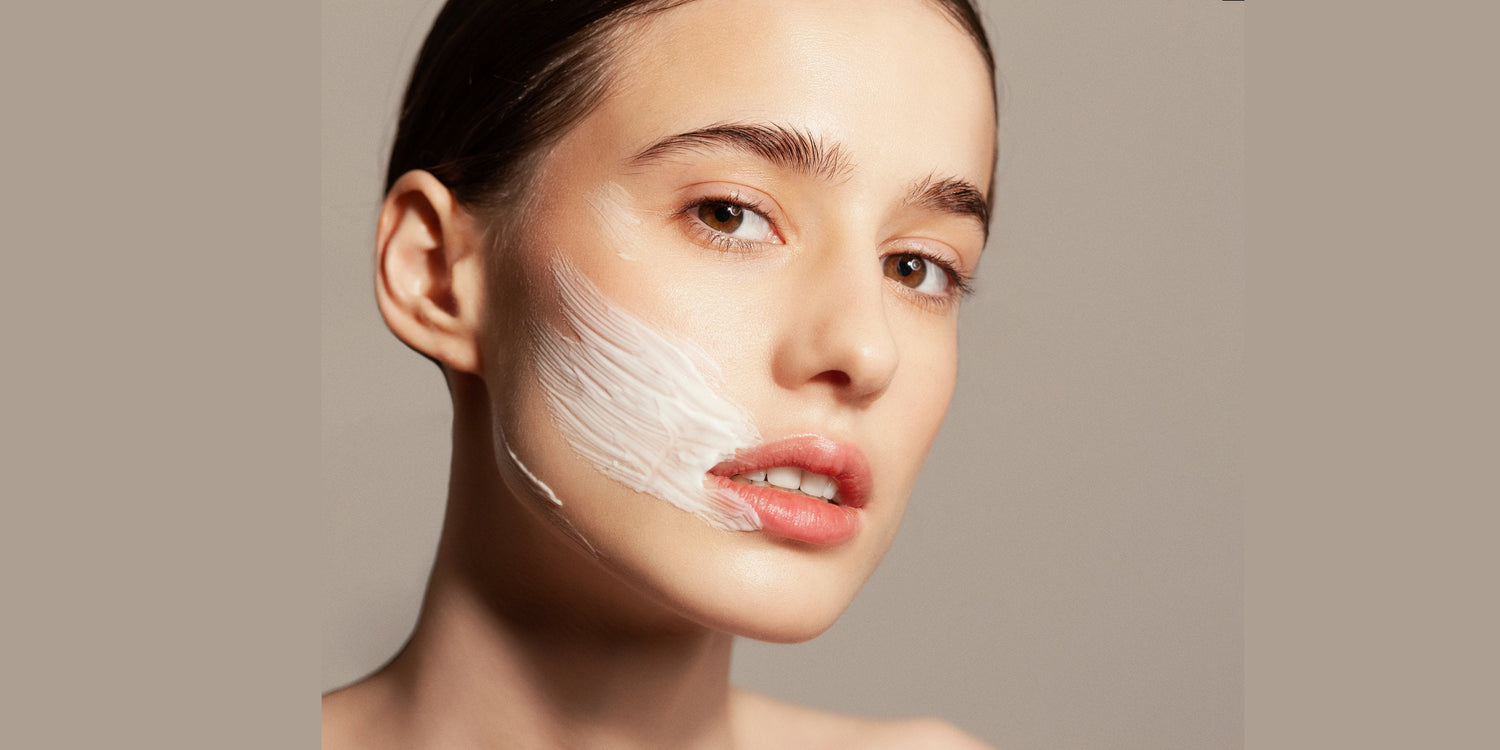
Dry vs Dehydrated Skin: The Winter Skincare Mistake You're Probably Making
Welcome to your weekly Skin Virtue Skin Journal — where sensitive skin meets timeless beauty.
This week, we're clearing up a common winter skincare confusion: the difference between dry and dehydrated skin. They may sound similar, but understanding how they differ can completely transform your results — especially if you have reactive, ageing, or problem-prone skin.
Wait, Isn’t Dry Skin the Same as Dehydrated?
Not quite.
- Dry skin is a skin type. It means your skin naturally produces less oil (lipids), which can leave it feeling rough, flaky, or tight. It’s often genetic and needs rich, emollient support.
- Dehydrated skin is a skin condition. Any skin type — oily, normal, or dry — can become dehydrated. It means your skin is lacking water, often due to environment, lifestyle, or damage to the skin barrier.
Why does this matter? Because treating dehydration with just oils or thick moisturisers can actually make things worse.
Top Reasons Your Skin Gets Dehydrated in Winter
- Indoor Heating: lowers air humidity, pulling water from your skin
- Hot Showers & Baths: break down your natural lipid barrier
- Cold Winds: weaken and irritate the skin’s outer layers
- Lower Water Intake: we often forget to hydrate in cooler months
- Harsh Products: alcohols, acids, and heavy occlusives can backfire
- Over-Exfoliation: especially when your barrier is already stressed
- Ageing: skin naturally loses its ability to retain moisture as we age
5 Signs Your Skin Is Dehydrated (And Not Just Dry)
- Skin feels tight after cleansing
- Flaky patches appear even with a thick moisturiser
- Fine lines are more noticeable
- Products sting or cause discomfort
- You’re using oils but still feel ‘dry’ underneath
Why Sensitive Skin Suffers Most
If your skin is sensitive, sensitised, or prone to redness, dehydration hits harder. Studies show that impaired barrier function increases water loss and inflammation — especially in skin types affected by rosacea, eczema, or post-treatment stress.
Hydration That Heals: What to Look For
Hydration isn’t just about drinking water. Your skin needs the right ingredients to restore and retain moisture — and calm reactivity at the same time.
- Humectants: like hyaluronic acid, panthenol, sodium PCA
- Barrier Boosters: like ceramides, shea butter, squalane
- Soothers: like niacinamide and allantoin to reduce irritation
Skin Virtue’s Solution: Barrier-First Hydration
At Skin Virtue, we take a clinical, sensitive-first approach to hydration. That means we don’t just lock in moisture — we rebuild the barrier, reduce inflammation, and protect your skin through every season.
Our Winter Hydration Essentials:
- Pure Nourish Hydrating Solution – delivers deep hydration with panthenol, niacinamide, and skin-plumping humectants
- Pure Nourish Moisturising Cream – rich in shea butter and squalane for lasting lipid support
- Future Advanced Radiance Serum – hydrates, firms, and strengthens skin over time
Winter Skincare That Works Smarter, Not Harder
- ✅ Prep skin with hydration (before moisturiser)
- ✅ Choose formulas that soothe and restore
- ✅ Protect your barrier every single day
Final Thought
Treating dehydrated skin like dry skin is one of the biggest skincare mistakes — especially in winter.
Quote of the Week
"Hydration is like laughter — it feels great, and everyone needs more than they realise."
💧 Explore Skin Virtue’s full range of hydration essentials at Dry or Dehydrated Skin
Gary Williams, Author. Bio
🔗 Recommended Reading from Skin Virtue
-
Hydration vs Moisture: Why Understanding the Difference Matters for Your Skin
Discover why hydration and moisture aren’t the same — and why your skin needs both to stay calm, radiant, and balanced. -
The Clinical Effects of Autumn and Winter on the Skin’s Biological Function
Learn how cold weather affects skin barrier function & discover expert strategies to protect sensitive & ageing skin. -
5 Expert Tips for Clear and Healthy Skin
Achieve clear, radiant skin with expert tips: gentle cleansing, hydration, exfoliation, and barrier care.


